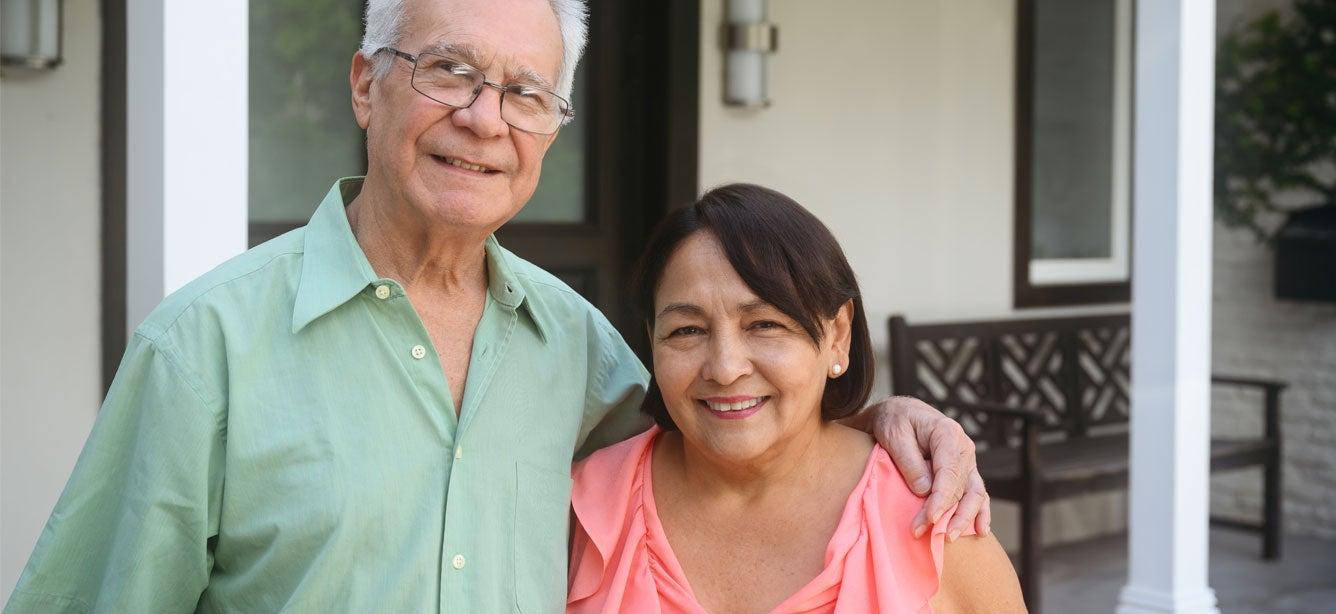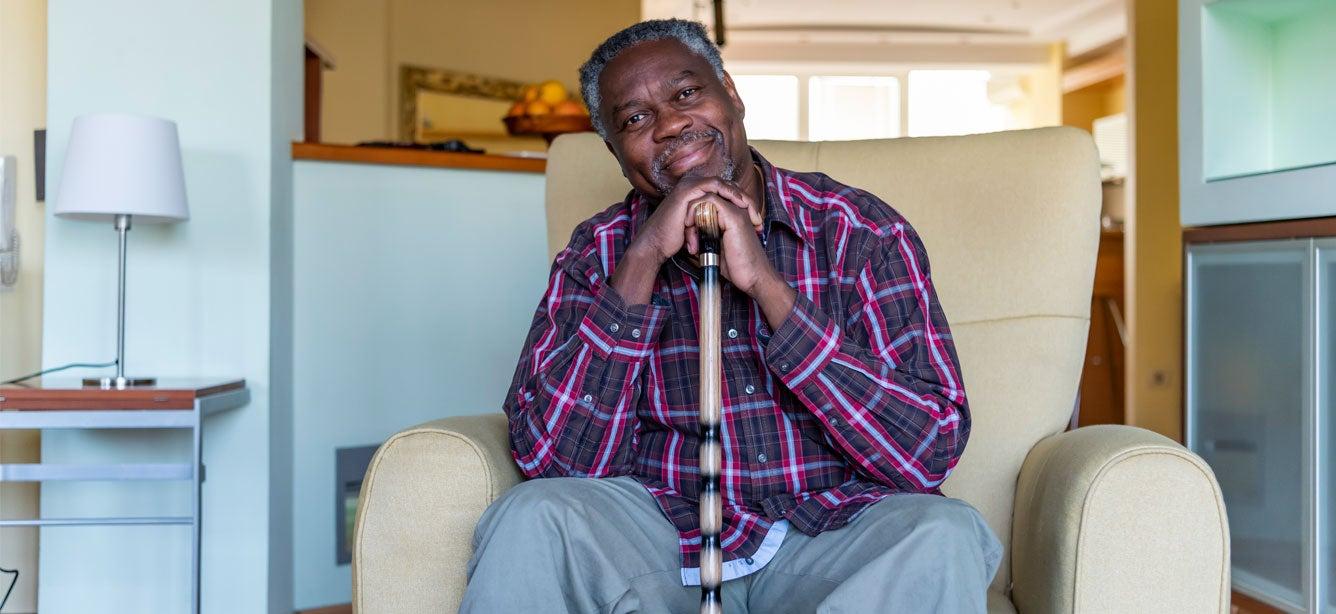
A reverse mortgage allows homeowners aged 62+ to convert a portion of their home equity into cash while they continue to live at home--provided certain loan obligations are met. If you or an older adult you know is considering a reverse mortgage, you must receive counseling from a government-approved agency.
What do reverse mortgage counselors do?
Reverse mortgage counselors are professionals approved by the U.S. Department of Housing & Urban Development (HUD) who can:
- Evaluate the pros and cons of whether a reverse mortgage is right for your situation
- Screen for public and private benefits that can help you pay for needs like home energy, meals, and medications
- Connect you to other services that can help you balance your budget and stay independent longer
Reverse mortgage counseling can be completed over the phone or in person. Reverse mortgage counselors will explain how reverse mortgages work, including payment options, costs, tax implications, benefits and drawbacks.
After completing the mortgage counseling session, you will receive a certificate that lenders require as part of the loan application. The goal is for you to understand your options so you can make an informed decision on whether a reverse mortgage is right for you. Counselors also may use a questionnaire called the Financial Interview Tool to assure a robust discussion of needs and considerations.
What is the difference between reverse mortgage counseling and lending?
Counseling is an impartial educational resource to help seniors and their family members make an informed decision about reverse mortgages. Reverse mortgage counselors do not receive any payment from reverse mortgage lenders. Nonprofit housing counseling agencies are not permitted to receive money or direct referrals from reverse mortgage lenders.
Does reverse mortgage counseling cost me anything?
There is an upfront fee for this service, which is typically paid at the time of counseling. Older adults may delay payment until the mortgage closing if their current income falls below 200% of the Federal Poverty Guidelines. Payment of the counseling fee may also be delayed for those who are facing hardships such as foreclosure, disability, bankruptcy or receiving respite or hospice care.




